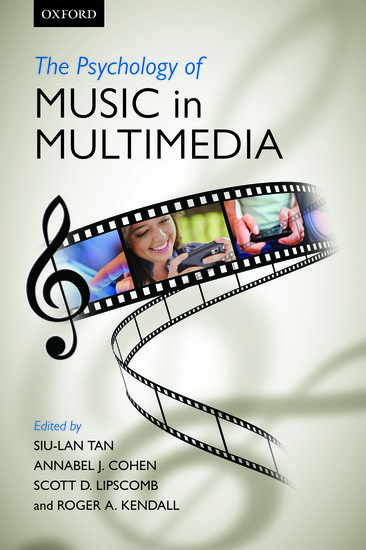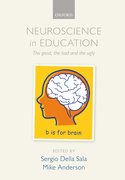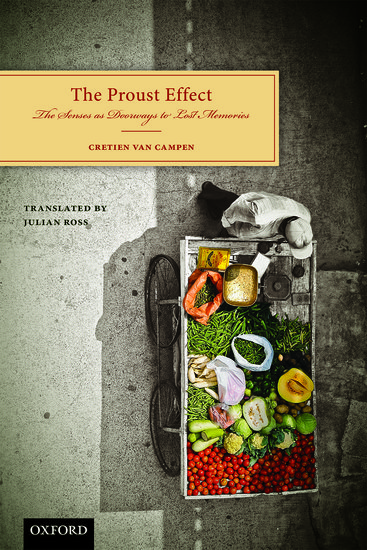The victory of “misgender” – why it’s not a bad word
Misunderstand. Misidentify. Mistaken. Misogyny. Miscegenation. Miscreant. Misadventure. Misalign. The list goes on and on. A two-second search turned up a long list of words beginning with the prefix ‘mis.’ None seem very positive. Now we have a new word to add to the lexicon: misgender.













